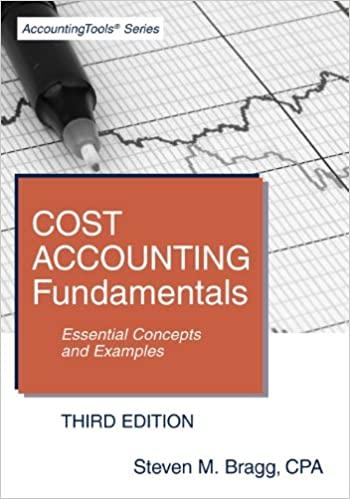Question
50.Garnishment a.allows a creditor to collect a debt by taking property of the debtors being held by a third party. b.first requires a writ of
50.Garnishment
a.allows a creditor to collect a debt by taking property of the debtors being held by a third party.
b.first requires a writ of attachment.
c.first requires a writ of execution.
d.first requires a foreclosure proceeding.
7.An undisclosed principal
a.is bound to any contract made by his/her agent with a third party.
b.has no liability.
c.is liable under the UCC if a reasonable person under similar circumstances would find him or her liable.
d.may be subject to punitive damages for fraud.
8.Under the principle of respondeat superior.
a.a principal is vicariously liable for any harm caused to a third party by the principals agent acting within the scope of the agents authority.
b.an agent is answerable to his/her principal for the agents conduct.
c.an agent is held to a high standard of loyalty owed to his/her principal.
d.an agent is entitled to compensation from his/her principal unless the agency is expressed in writing to be gratuitous.
Step by Step Solution
There are 3 Steps involved in it
Step: 1

Get Instant Access to Expert-Tailored Solutions
See step-by-step solutions with expert insights and AI powered tools for academic success
Step: 2

Step: 3

Ace Your Homework with AI
Get the answers you need in no time with our AI-driven, step-by-step assistance
Get Started


